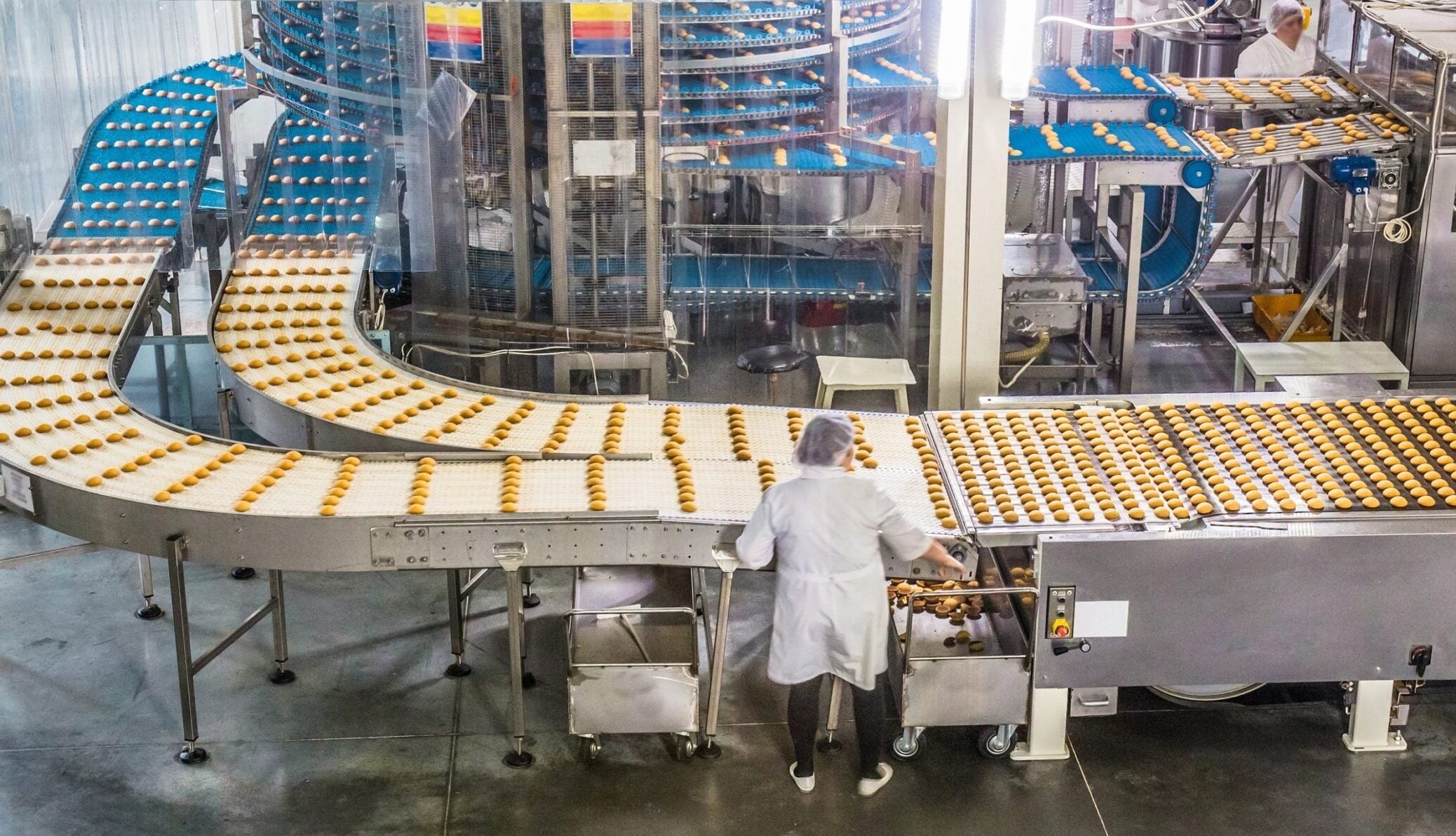Introduction
In the contract food manufacturing sector, guaranteeing quality control is of utmost importance. With the increasing need for contract food manufacturing in Australia, it is important for firms to execute best practices and also adhere to rigorous requirements. This short article will delve into the numerous facets of attaining quality assurance in contract food production, highlighting the essential methods as well as requirements complied with in Australia.
The Significance of Contract Food Manufacturing in Australia
Contract food production plays an important function in the Australian food sector. It allows companies to outsource their food manufacturing to specialized suppliers, allowing them to focus on various other elements of their service such as advertising and marketing as well as circulation. Contract food manufacturing additionally supplies adaptability to services by allowing them to scale up or down their production based upon market demands.
Contract Food Manufacturing: A Growing Fad in Brisbane
Brisbane, being a major city in Australia, has actually observed a substantial development in contract food manufacturing. This trend can be credited to the boosting number of businesses choosing outsourcing their food manufacturing needs. Contract food manufacturing in Brisbane uses several benefits such as expense savings, access to specific tools and also competence, as well as conformity with strict top quality standards.
Best Practices for Agreement Food Manufacturing
To achieve quality control in contract food manufacturing, it is important Additional resources to follow finest methods that make certain consistency, safety and security, as well as performance. Several of these best practices consist of:
GMP (Great Production Practices) Compliance: Abiding by GMP standards assists preserve high-grade standards throughout the manufacturing process. This includes appropriate training of staff, preserving cleanliness as well as hygiene, and also carrying out durable quality control measures.
Food Security Management Systems: Executing a thorough Food Security Monitoring System (FSMS) is important for guaranteeing the safety and security of food. This includes normal assessments, threat evaluation, as well as implementation of preventative measures.
Quality Control Testing: Routine testing of resources, in-process examples, as well as finished items is necessary to recognize any variances from top quality standards. This consists of screening for microbial contamination, chemical structure, and also sensory attributes.
Traceability as well as Documentation: Keeping accurate documents of all production procedures, ingredients made use of, and packaging products helps ensure traceability and also liability. This documents also aids in identifying as well as attending to any kind of quality problems that might arise.
Supplier Qualification: Carrying out extensive evaluations of vendors makes certain that they meet the required high quality standards. This includes reviewing their manufacturing processes, qualifications, as well as performance history in delivering high-grade products.
Continuous Improvement: Regularly assessing and upgrading procedures based upon responses and sector innovations is important for achieving constant improvement in contract food manufacturing. This involves surveillance essential efficiency indicators (KPIs) and also applying restorative activities when necessary.
Standards in Australian Contract Food Manufacturing
Australia has rigid requirements as well as policies in position to guarantee the security and also quality of contract food manufacturing. Several of the crucial standards consist of:
Food Specifications Code: The Food Criteria Code sets out the demands for food manufacturing, labeling, and also dealing with in Australia. It covers areas such as food safety, additives, labeling needs, and dietary information.

HACCP (Hazard Analysis Vital Control Factor) : HACCP is a methodical method to recognizing potential threats in the manufacturing procedure and carrying out control actions to prevent them. It is an extensively identified criterion for making certain food safety.
ISO 22000: ISO 22000 is an international criterion that defines the needs for a Food Safety And Security Monitoring System (FSMS). Abiding by this typical assists companies show their dedication to food safety.
SQF (Safe Quality Food) Certification: SQF accreditation guarantees that a firm's food safety monitoring system fulfills international criteria. It offers assurance to clients that the products they get are secure and of high quality.
AIB International Certification: AIB International qualification concentrates on the cooking industry as well as makes certain that makers satisfy details food safety as well as high quality needs. This accreditation is highly concerned in the contract food manufacturing sector.
FAQs about Quality Control in Agreement Food Production
What are the benefits of outsourcing contract food manufacturing? Outsourcing contract food manufacturing permits business to concentrate on core proficiencies, decrease costs, gain access to specialized competence, as well as rise manufacturing flexibility.
How can I ensure that a contract food supplier fulfills my quality standards? It is very important to carry out extensive due diligence prior to selecting an agreement food supplier. This consists of evaluating their accreditations, track record, quality control processes, and also consumer feedback.
What actions can be required to protect against cross-contamination in agreement food manufacturing? Proper segregation of manufacturing locations, dedicated tools for allergen handling, as well as applying rigorous cleansing methods are some procedures that can assist protect against cross-contamination.
What role does product packaging play in making certain quality control in agreement food production? Product packaging plays a vital role in preserving the high quality as well as safety of foodstuff. It must be made to protect against contamination, maintain item quality, and also provide needed information to consumers.
How frequently should testing be performed in contract food manufacturing? Examining regularity relies on numerous elements such as the sort of item, shelf life, and also regulatory demands. It is recommended to have a durable screening plan that covers resources, in-process samples, and also ended up products.
What are some usual difficulties encountered in attaining quality control in contract food production? Typical challenges consist of maintaining consistency across several manufacturing sites, making sure conformity with changing laws, taking care of supply chain risks, and addressing customer-specific requirements.

Conclusion
Achieving quality control in agreement food manufacturing is necessary for services operating in the Australian market. By adhering to best practices and also adhering to rigorous requirements such as GMP compliance, applying food safety and security monitoring systems, and conducting regular quality control testing, companies can make sure the safety and also top quality of their items. It is additionally vital to select agreement food suppliers that meet the required accreditations and also have a record of supplying high-grade items. By prioritizing quality control, companies can develop trust with customers and also develop a strong presence in the affordable food industry.
